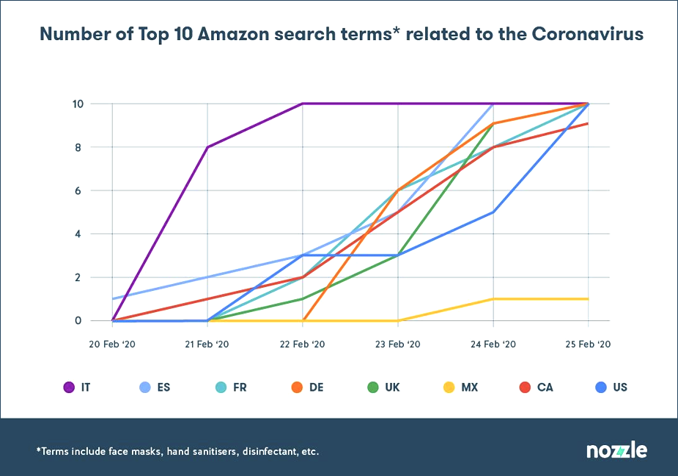One of the unexpected effects of behavioural changes during the pandemic proved to be problems with artificial intelligence algorithms, inflexible to new patterns. This showed once again that process automation, although useful, requires supervision in unpredictable situations.
In what industries has AI failed? Artificial intelligence, recommending investments based on analysis of media sentiment, did not cope with the wave of negative news during a pandemic, distorting the results. What’s more, the algorithms detecting financial fraud wrongly blocked credit cards, surprised by the sudden interest of owners in purchasing entirely outside the standard categories, e.g. garden equipment or home gyms.
Also, automation in the area of supply chains caused problems – the algorithms responsible for procurement could not correctly interpret the sudden wave of wholesale orders of specific product groups. Amazon’s algorithms, taught standard consumer behaviour, have not managed to adapt to sudden changes. The adaptation of machines responsible for processing purchase data cannot be carried out quickly enough in such situations, because it uses historical data collected over a long period. By default, the platform promotes those sellers who use Amazon’s warehouses and logistics.
In the current situation, to reduce the load on their own resources, the algorithms have been manually adjusted to give outside dealers preferential treatment. Such cases only show how important it is to adapt systems manually to changing conditions; they also expose the failure of automation, especially in marketing communications. A creative campaign based on data collected during this kind of information chaos could have deplorable results… Feeling, empathy and tact, as well as flexibility, are still qualities that AI cannot learn.

Source: MIT Technology Review, Science Alert

